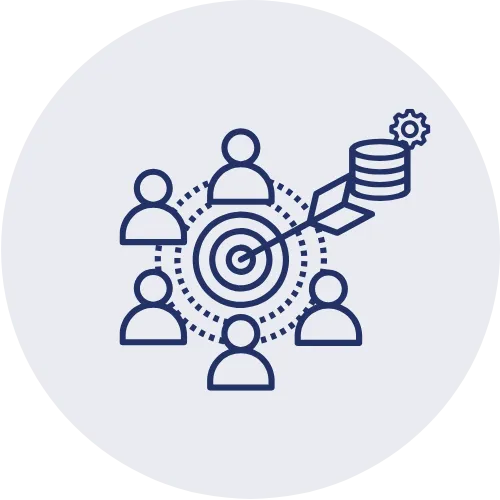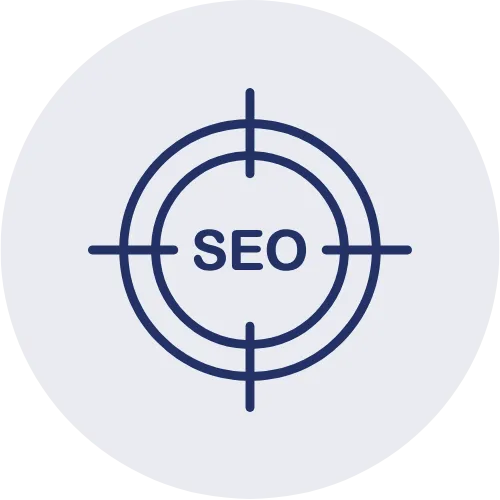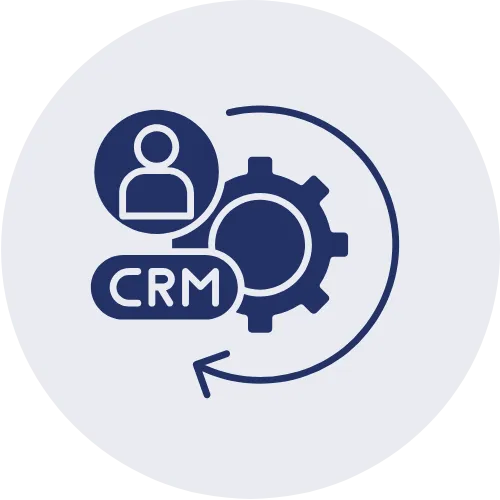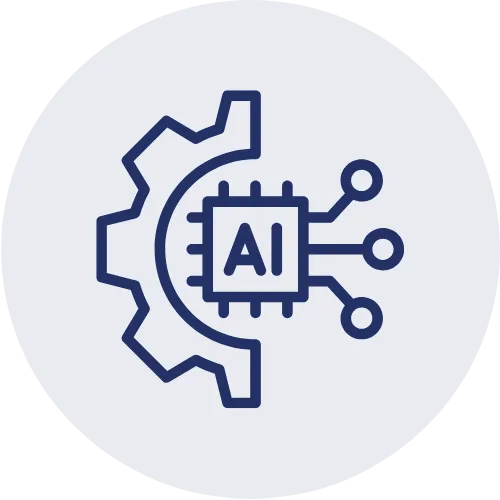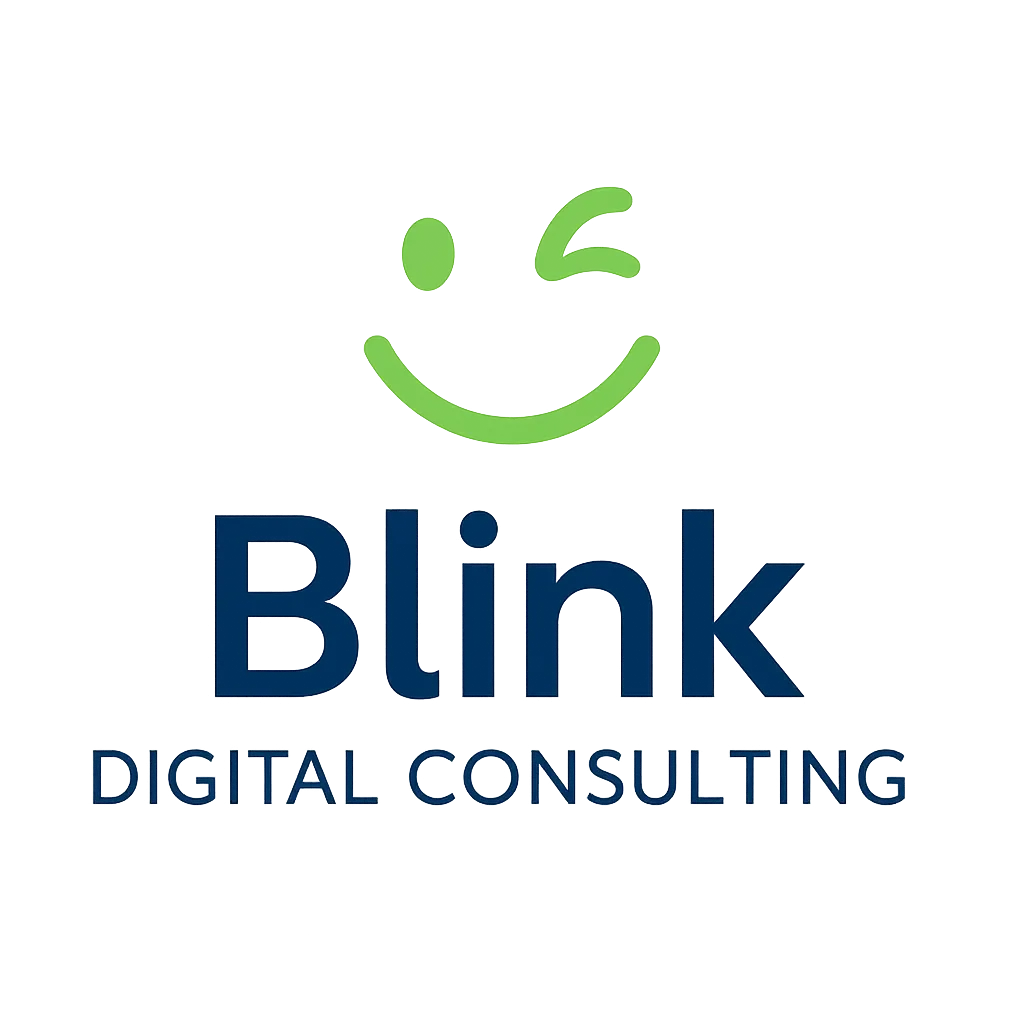




Let’s Connect
Fill out the form and let’s start the conversation. No pressure, no sales pitch—just expert advice, actionable insights, and a digital strategy that works for your business. Need a custom quote? Want to book a strategy session? Curious about what’s possible? We’ll respond within 24 hours and point you in the right direction.
Explore More While You’re Here
While you wait to hear back from us, here are 3 powerful ways to get ahead right now:
Start Your Growth Plan
Take our free assessment and get a tailored strategy based on your business stage, marketing setup, and goals.
Get a Free SEO Audit
Use our built-in SEO tool to scan your website and uncover how to improve your rankings, visibility, and traffic.
Chat With Us Instantly
Use the smart chatbot in the corner of this screen. It’s like having a digital marketing expert on call—24/7.
Your Next Customer Is Already Searching for You
We’ll help them find you, trust you, and take action. Get the systems, support, and strategy to scale with confidence.
Our Latest Articles
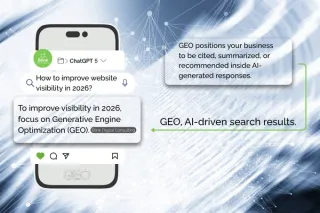
Why Generative Engine Optimization and AI-Driven Marketing Automation Are the Future of Digital Marketing in 2026
Digital marketing is entering a new era — one where AI search engines and automated marketing ecosystems work hand in hand to determine which brands are seen, trusted, and chosen. In 2026, success wil... ...more
Digital Marketing ,Artificial Intelligence &All Articles
October 20, 2025•5 min read
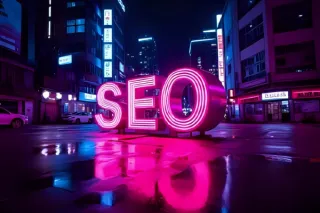
Why SEO Will Always Be Relevant
In an ever-evolving digital world where AI, automation, and new platforms emerge constantly, some marketers argue that SEO is losing relevance. But at Blink Digital Consulting, we know that couldn’t b... ...more
Search Engine Optimization ,Artificial Intelligence &All Articles
August 01, 2025•4 min read

AI and SEO: What to Expect in 2026.
As AI reshapes digital landscapes globally, SEO is rapidly evolving alongside it. At Blink Digital Consulting, we’ve seen firsthand how artificial intelligence is transforming search engine optimizati... ...more
Search Engine Optimization ,Artificial Intelligence &All Articles
July 29, 2025•4 min read
Our Latest Articles
Why Generative Engine Optimization and AI-Driven Marketing Automation Are the Future of Digital Marketing in 2026
Digital marketing is entering a new era — one where AI search engines and automated marketing ecosystems work hand in hand to determine which brands are seen, trusted, and chosen. In 2026, success wil... ...more
Digital Marketing ,Artificial Intelligence &All Articles
October 20, 2025•5 min read

Digital Marketing Strategies for 2025: How to Dominate the Digital Landscape
In today’s dynamic digital ecosystem, maintaining relevance requires more than just presence—it demands innovation, adaptability, and vision. As 2025 approaches, smart businesses are looking beyond tr... ...more
Digital Marketing ,All Articles
November 01, 2024•5 min read

Adapting to Digital Trends: How Blink Digital Consulting Keeps Your Business Ahead
In today's rapidly evolving digital landscape, staying ahead of the curve is more crucial than ever for businesses striving to maintain a competitive edge. At Blink Digital Consulting, we specialize i... ...more
Digital Marketing ,All Articles
July 30, 2024•3 min read

Frequently Asked Questions
What services does Blink Digital Consulting offer?
We offer a full suite of digital marketing solutions including SEO, Google and social media ads, CRM and marketing automation, reputation management, lead generation systems, and AI-powered tools for business growth.
Do you work with businesses in both Africa and North America?
Yes! We proudly serve clients across both continents with region-specific strategies tailored to your market, audience, and business goals.
How do I know what service or plan is right for me?
Our short business questionnaire helps us recommend the perfect growth plan based on your goals, marketing readiness, and current efforts. You’ll only be shown the plan that’s right for your business.
What platforms do you specialize in for digital advertising?
We specialize in paid ad campaigns on Google, Facebook, Instagram, and LinkedIn. Our team designs campaigns that drive traffic, leads, and real ROI.
What makes Blink Digital Consulting different from other agencies?
We don’t offer cookie-cutter packages or vague promises. We deliver clear strategy, expert implementation, powerful tools, and measurable results—plus support tailored to your region and industry.
Do you offer a CRM or do I need to use my own?
All our plans include access to our proprietary CRM system, which handles everything from landing pages and automation to calendar bookings, email/SMS marketing, funnels, and more.
Can I learn to manage parts of my marketing myself?
Yes! We offer self-paced, on-demand digital marketing courses for business owners who want to take control of their visibility, automation, and local listings.
Is SEO included in all your plans?
Yes. Every plan includes search engine optimization—because showing up on Google organically is essential for long-term visibility and credibility.
How soon will I see results?
Results depend on your strategy, market, and goals. While paid ads generate faster results, SEO and organic growth take time—but together, they create momentum that builds and compounds.
How do I get started?
Simply click “Start My Growth Plan” and answer a few questions about your business. We’ll analyze your needs and deliver a personalized strategy that’s ready to launch.
Free Keyword Research Tool
Powered by Blink Digital Consulting
Select your industry to get 20 SEO‐optimized keyword ideas.
North Amercia
919 Center Street
Suite 1355
Calgary, Alberta,
Canada, T2E2P6
South Africa
4B Wellington Road
Irene Security Estate
Pretoria, Gauteng,
South Africa, 0064
Copyright 2025 | Blink Digital Consulting | All Rights Reserved | AI-Optimized (LLM.txt)


